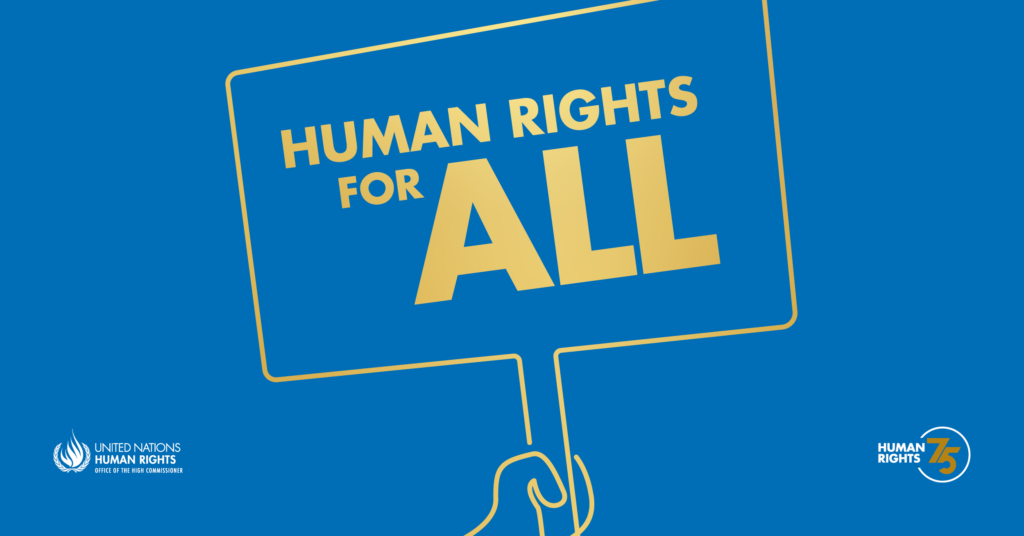10 October 2024

On December 10 last year, we began a series on Human Rights. While everyone talks about them, few of us really know what they are and what they stand for.
Articles 26 and 27 of the Universal Declaration of Human Rights extend the scope of the text to include access to education, culture and scientific progress, without any limitations other than ability, desire and merit.

Article 26:
Article 27:
The Red Cross is naturally committed to defending Human Rights. This commitment was reinforced in 2022 with the signing of the national “Business and Human Rights” Pact. The Universal Declaration of Human Rights is one of the reference documents of the Code of Conduct and Ethics of the Luxembourg Red Cross.